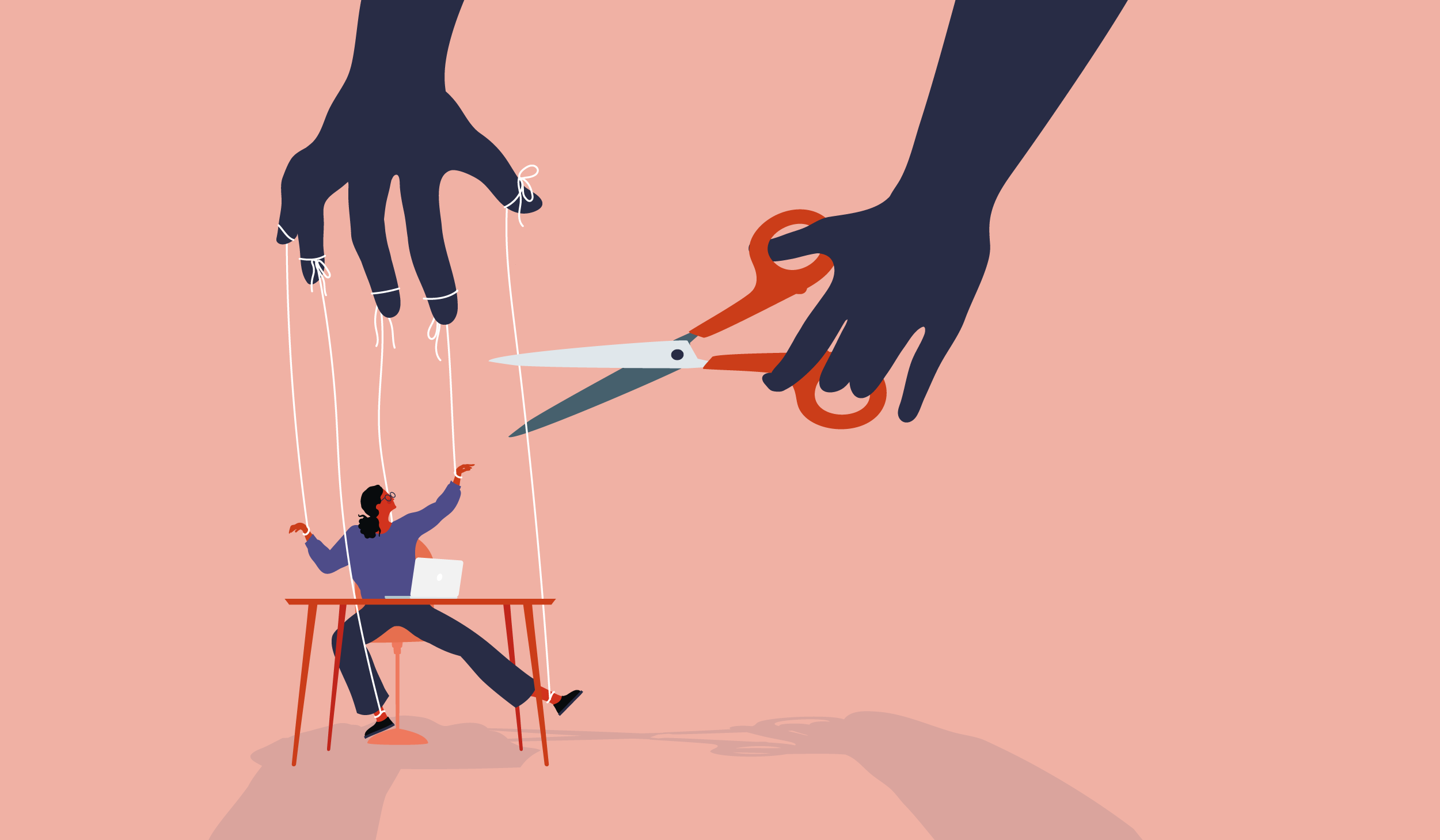
If you think about it, time is a figment of our imagination. Animals simply live their lives without having to worry about time, their primary goals are food and shelter. Sophisticated animals (humans), were the ones that invented the mode by which we travel in space and called it time. We invented, seconds, minutes, hours, days, weeks, years, and decades. We call a lifetime around 80 or so years and then the next generation takes over. A butterfly calls it’s lifetime around 7 days. If a butterfly had a way of looking at our lives, it would call it forever or eternal because it would not be able to fathom what it would be like to live 29,200 days as opposed to 7. It wouldn’t know what to do with itself. What if our seconds were twice as long or half as long? How differently would we live our lives? Would we achieve more things if we lived 160 years or less when we live just 40 years?
If we truly had only 40 years on earth, would we not achieve our goals quicker and live it even more fast paced?
Human life seems to be a race against time as it is. If we were told
we had to live it quicker, perhaps just our perception of it would cause
us to live it quicker. We would procrastinate less and get more done in
a year than we ever did before. We would watch less TV, scroll less on
our phones, waste a lot less money on alcohol, and not make the same
goals that we did last year! I find it fascinating that so many people
wait for the new year to make goals. I find it’s just another form of
procrastination. We wait for a date to start planning our next year and
one or two weeks in cave because it was too hard or too much to achieve.
The positive is that the intention was there, just that the execution
was wrong. The problem is that a year is too long for us to be setting
goals, goals need to be broken down into smaller timeframes: monthly,
weekly, and sometimes even daily depending on what the goals are. So
here are some tips on starting on your ‘new year’s resolution’ and
sticking to your goals.
- Do not wait for Jan 1 to start. Excuses to not start in December are plenty: too much food, too much distraction, too much sport, time for ‘celebration’ – can’t possibly do it during the holidays. Everyone has made them, including me! But over the years of experience in setting and achieving goals, I now don’t wait for an external factor to determine when I’m going to start something. That is, I don’t wait for an event to happen before I start. For example ‘once I’ve finished this project then I’ll start working on my fitness,’ ‘I will start Monday’, ‘I will start January 1’. Something completely unrelated should not atop you from your goals. If there is no firm reason to actually prevent you from starting today (like you have a broken leg and you can’t go running) then it is an excuse. Of course, we can easily come up with a tonne of excuses why we cannot start tomorrow, but this is the key to overcoming the barriers. The quicker we accept that we have chosen to do something (that has been a weakness of ours), the quicker we change our behaviour and make it a habit.
- Which brings me to the next point – habit. Goals and habits are closely linked. When you make a goal, you’re saying you want to change a habit to make a greater impact over your results than you’ve done in the past. Habits are hard to break, especially ones relating to time, money, and health. The world around us shapes the way we live and we end up falling in the trap of living like everyone else around us does. Facebook is designed to be addictive because it makes us feel good to be ‘liked’. TV series are also designed to be addictive so that we watch more and more. Takeaway food generally is unhealthy and also very addictive. Sooner or later all of these things become habits and are done without the cognitive brain even thinking about it. To start unwinding these habits that have ruled our lives for weeks, months, or even years, it requires us doing something different to the past. I read something interesting in Ryan Holiday’s book (Ego is the enemy) where he describes a friend’s way of overcoming habit. Ryan had a friend that used to delay doing something out of habit by just one more day. For example, if he was thinking about getting take away, he would tell himself ‘I can wait another day’. He would try and hold it out one more day for all the addictive things that he has been doing that aren’t driving him closer to his goals. By doing this he kept feeling good about what he was doing one day at a time. This was enough for his brain to get a reward every time he made a good decision. The longer he went without, the better it got and before he knew it, he wasn’t even thinking about the particular task. I was once hooked on a series on TV, I binge watched about 7 episodes in a single night and had to get my fix every single night until the whole season was finished in less than 3 days. Once it was all gone, I was helpless and the thought of waiting another 10 months was a painful thought, but of course as days went by I stopped thinking about it. I did the ‘just one more day’ routine for Dexter when the next season was released, I watched the first episode, but held out for another 3 days, then 4, then 5, then a week, and soon I wasn’t even thinking about it. My habit soon vanished and wasn’t even on my mind. From then on, I wasn’t even interested in starting to watch a new series. I even sold my TV 2 years later! Using the ‘just one more day’ concept I was able to replace my habit memory from a bad one to a good one.
- Realigning goals. We have a short attention span and an even shorter memory once we get out of habit. It is essential to have a goal realignment schedule time each day, week, month, and quarter (depending on the goal); even if it is for just 5 minutes. Just to check if we’re going according to plan. Remember that the brain needs to see and feel the rewards from your new habit, or it might become a chore. When I hated HIIT (high intensity cardio) with a passion, I set out on a 40 day cardio challenge (on Dec 27 I might add, not 1 Jan), I stuck a chart on my fridge with 40 boxes. Each night I completed the task I would run to my fridge to put a cross through the square with dripping sweat. The feeling I got when I filled the whole chart, was the greatest reward and had me loving the feeling of cardio.
When we change our behaviour to seek reward from the good habits rather than the bad ones, we would have realised our true potential is far greater than what we limit our brains to believe. Use the start of the new decade (albeit psychological) to make goals anytime through the year, rather than waiting for a new year! Now if you’ll excuse me, I have to get back to Netflix (…not really!)






